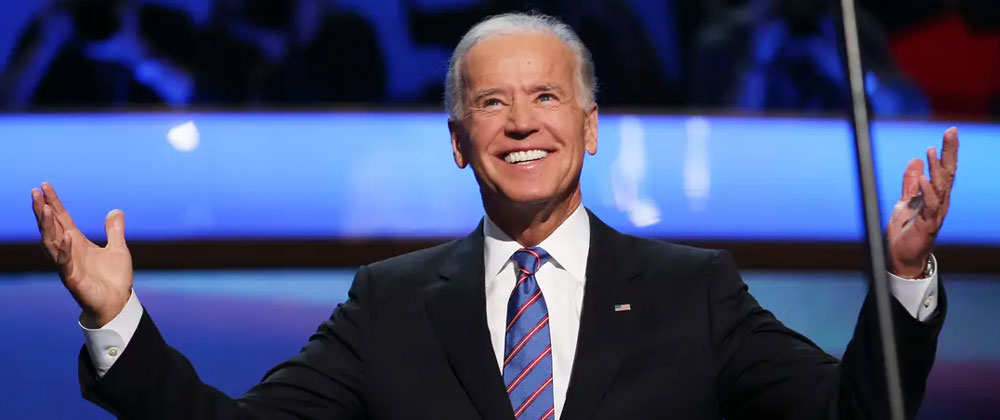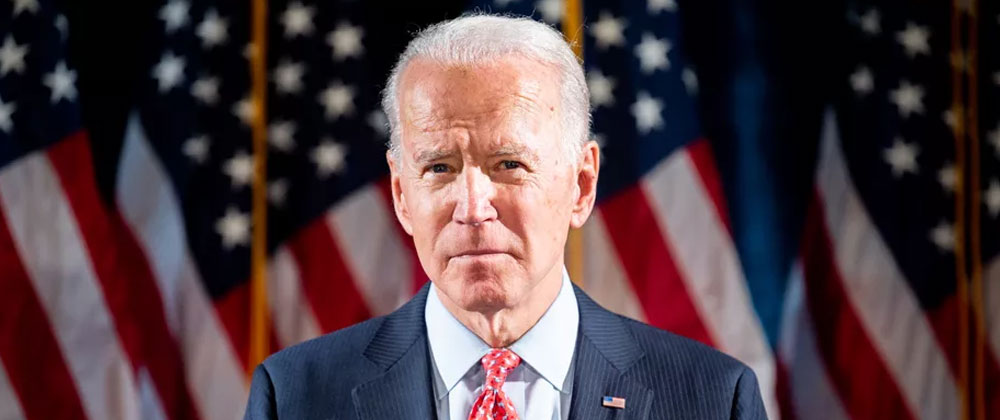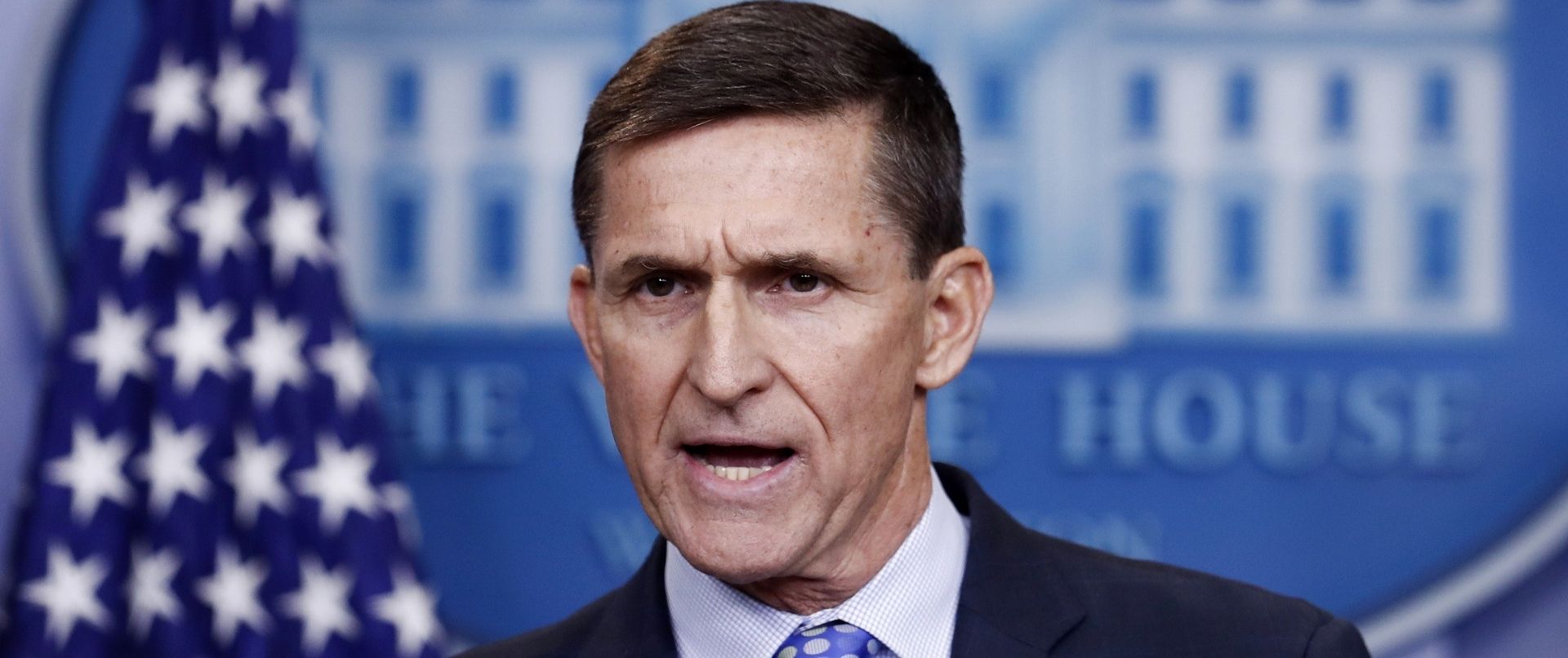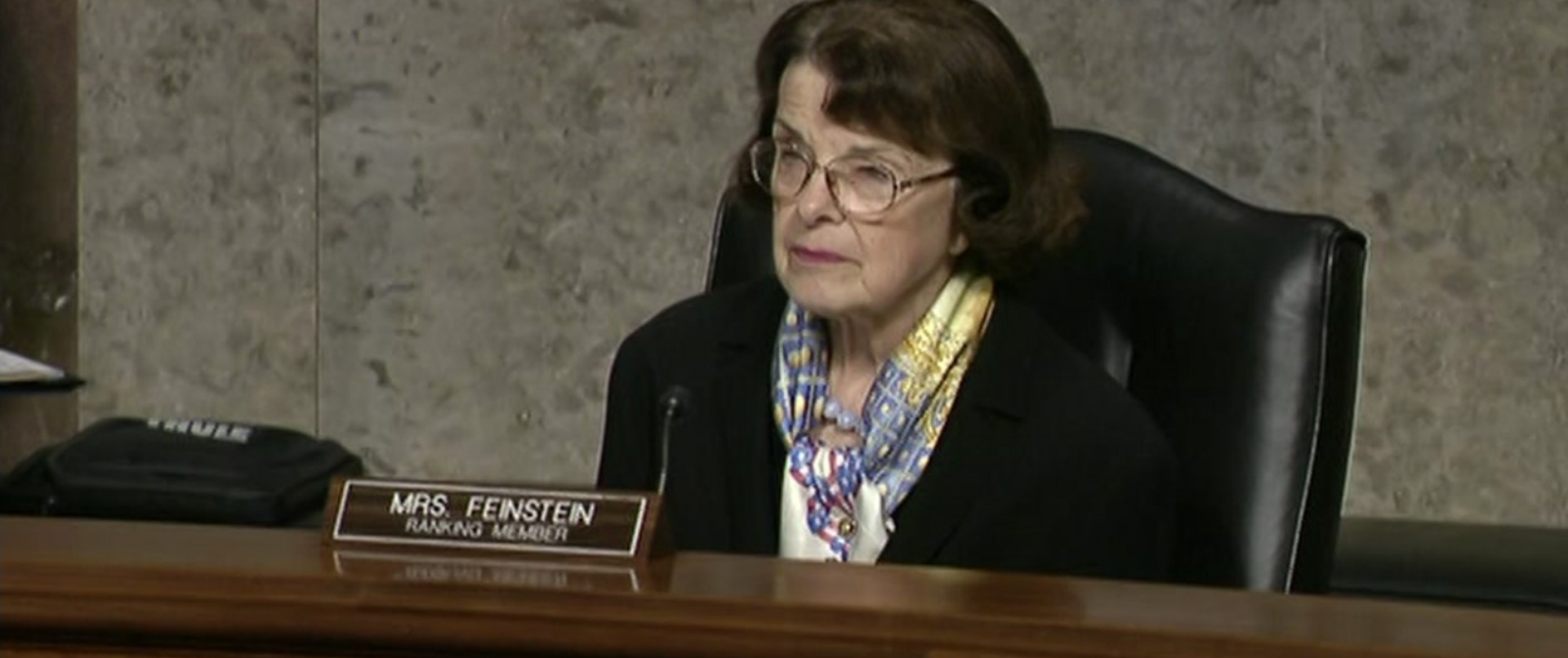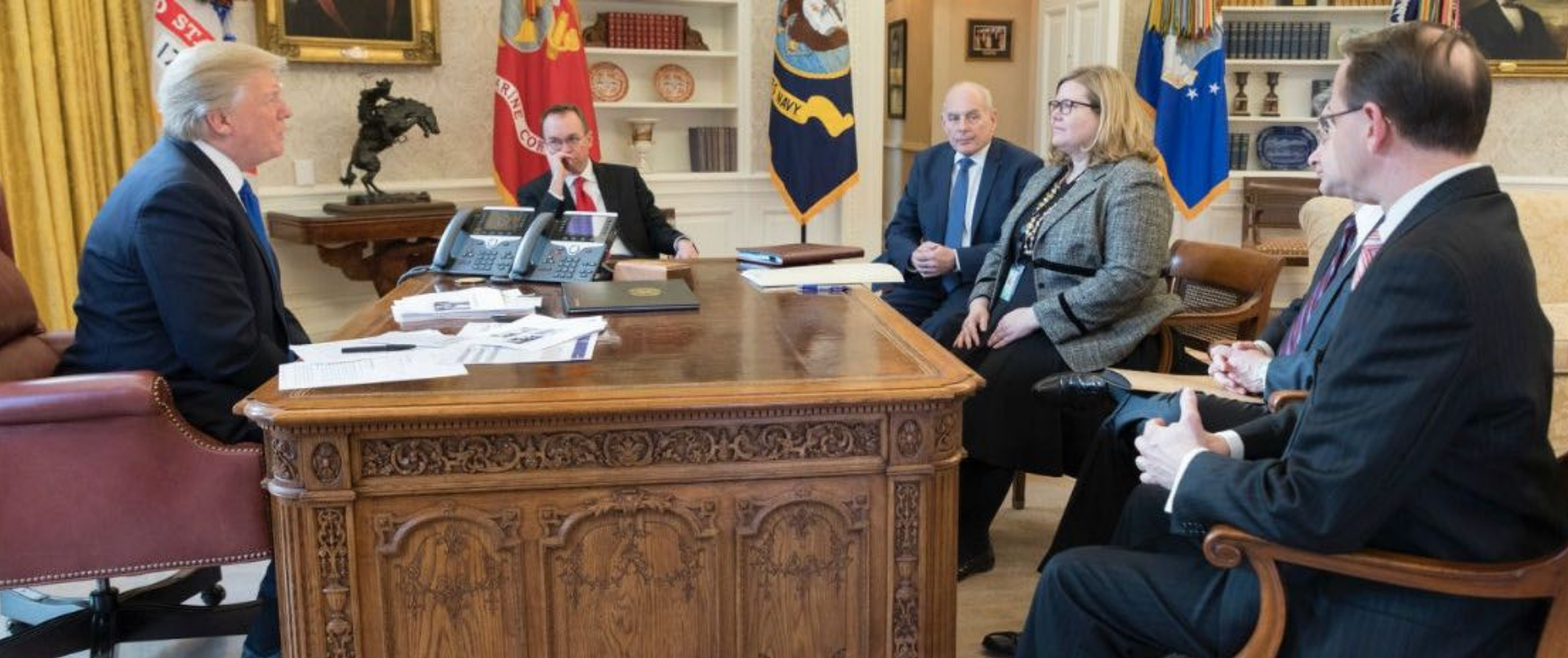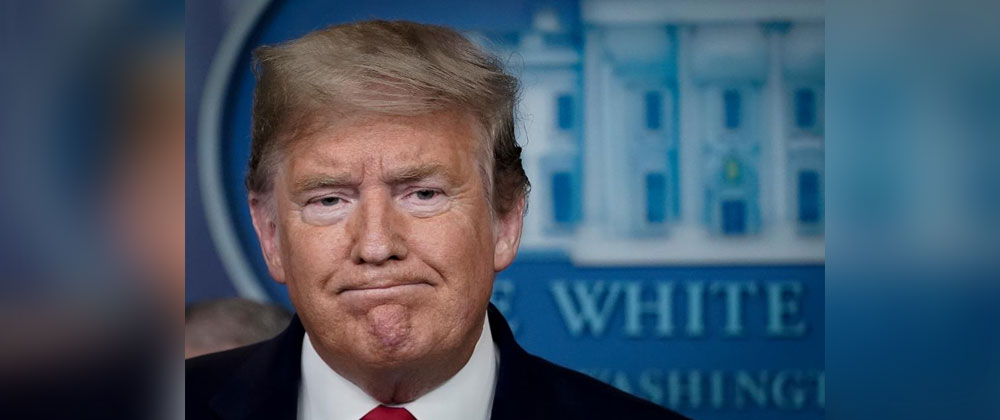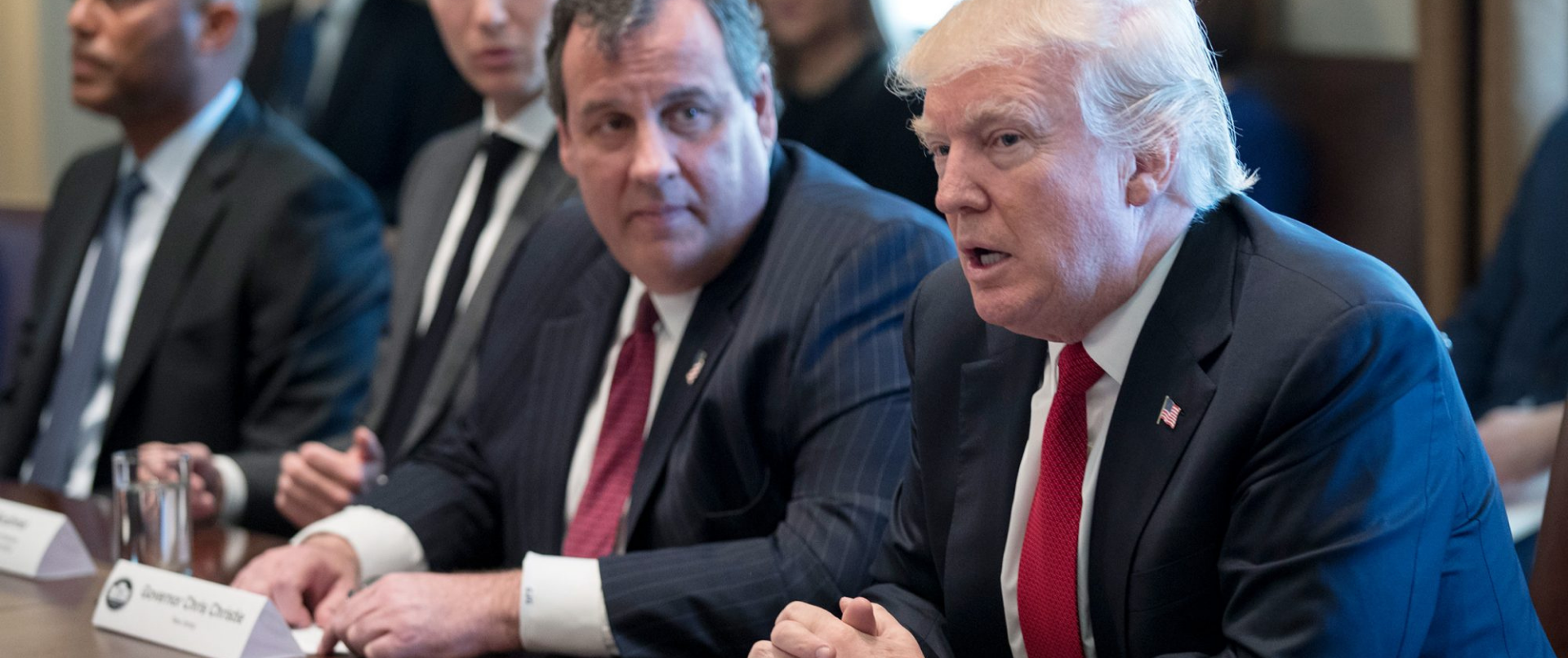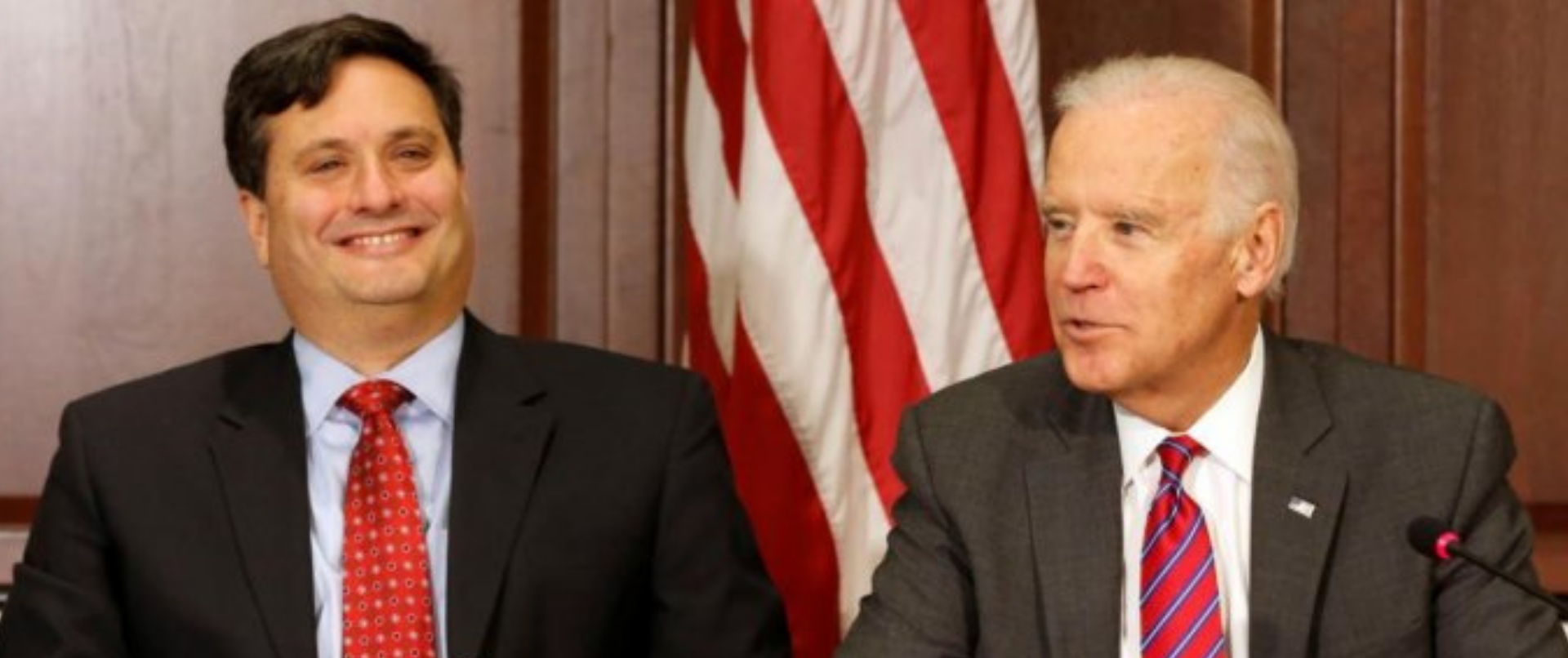Appeals Court Orders A Judge To Drop Charges Against Michael Flynn
A federal appeals court on Wednesday ordered a judge to grant the Department of Justice’s unusual move to drop charges against former national security adviser Michael Flynn.
A three-judge panel on the D.C. Circuit Court of Appeals approved Flynn’s petition to intervene in the case after a district court judge had tapped an outside counsel to argue against the DOJ’s move.
The panel ruled 2-1, with two Republican-appointed judges carrying the majority, that U.S. District Judge Emmet Sullivan overstepped his authority in second-guessing the prosecutors’ decision.
“In this case, the district court’s actions will result in specific harms to the exercise of the Executive Branch’s exclusive prosecutorial power,” Judge Neomi Rao, who was appointed to the circuit court by President Trump, wrote in the majority opinion.
“If evidence comes to light calling into question the integrity or purpose of an underlying criminal investigation, the Executive Branch must have the authority to decide that further prosecution is not in the interest of justice,” Rao added.
Judge Robert Wilkins, an Obama appointee, dissented from the decision, saying he would grant Sullivan the space to explore the DOJ’s request for dismissal.
“It is a great irony that, in finding the District Court to have exceeded its jurisdiction, this Court so grievously oversteps its own,” Wilkins wrote in his dissent. “This appears to be the first time that we have issued a writ of mandamus to compel a district court to rule in a particular manner on a motion without first giving the lower court a reasonable opportunity to issue its own ruling.”
An attorney representing Sullivan before the circuit court declined to comment. Flynn’s attorney and the DOJ did not immediately respond when asked for comment.
The decision is the latest twist in a case that has morphed from a straightforward plea agreement to a political battle, with the administration’s critics saying it’s part of a series of incidents where Attorney General William Barr has intervened on behalf of the president’s allies.
The decision came just two hours before a pair of DOJ whistleblowers were set to testify before Congress that Barr had meddled in the agency’s operations.
The DOJ stunned observers last month when it dropped its charge that Flynn had lied to the FBI about his conversations with a Russian diplomat in late 2016. The move came after the former Trump adviser had pleaded guilty and agreed to cooperate with the special counsel’s investigation into Russian meddling in the 2016 presidential election.
The DOJ said that it no longer believed it could prove its case against Flynn, saying that the FBI’s investigation and the interview it conducted with the former adviser were “conducted without any legitimate investigative basis,” echoing Trump’s criticisms that the probes into his campaign and allies were improper and politically motivated.
In its filing, which came shortly after a career prosecutor withdrew from the case, the DOJ blamed FBI officials for concocting a pretext to interrogate Flynn.
“The frail and shifting justifications for its ongoing probe of Mr. Flynn, as well as the irregular procedure that preceded his interview, suggests that the FBI was eager to interview Mr. Flynn irrespective of any underlying investigation,” the DOJ wrote.
Instead of rubber-stamping the motion, Sullivan appointed an outside counsel, former federal Judge John Gleeson, to outline a counterargument to the DOJ’s move. Gleeson argued earlier this month that Sullivan should reject the DOJ’s motion and accused Flynn of perjury in reversing his earlier guilty plea.
Gleeson did not immediately respond when asked for comment.
Trump, who has repeatedly weighed in on the case on behalf of his former adviser, promptly cheered Wednesday’s development on Twitter.
The decision on Wednesday surprised many who had been following the case. During oral arguments over Flynn’s appeal earlier this month, the circuit court panel appeared skeptical of the former three-star Army general’s case.
Judge Karen Henderson, the third member of the panel, seemed wary of intervening before Sullivan had a chance to rule.
“We have Judge Sullivan, who is an old hand, he’s an excellent trial judge,” Henderson, a George H.W. Bush appointee, said during the hearing. “And he may say, to himself at least, you know, I asked for advice, and I’m ignoring it. And I’m granting the motion to dismiss. Shouldn’t he be allowed to do that?”
But Henderson ultimately joined Rao in the decision to block Sullivan from exploring the DOJ’s motion any further.
The decision on Wednesday can be appealed by Sullivan. Or another judge on the D.C. Circuit can call for a vote on whether the case should be reheard, in which case the decision will be vacated and a wider panel of judges will preside over it.
Sullivan had scheduled oral arguments on July 16 for Gleeson, Flynn’s attorneys and the DOJ to make their cases on whether the charges should be dropped.



